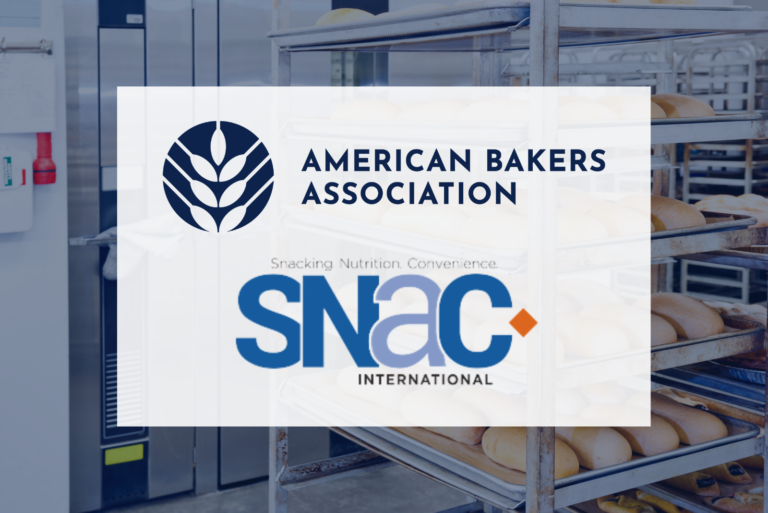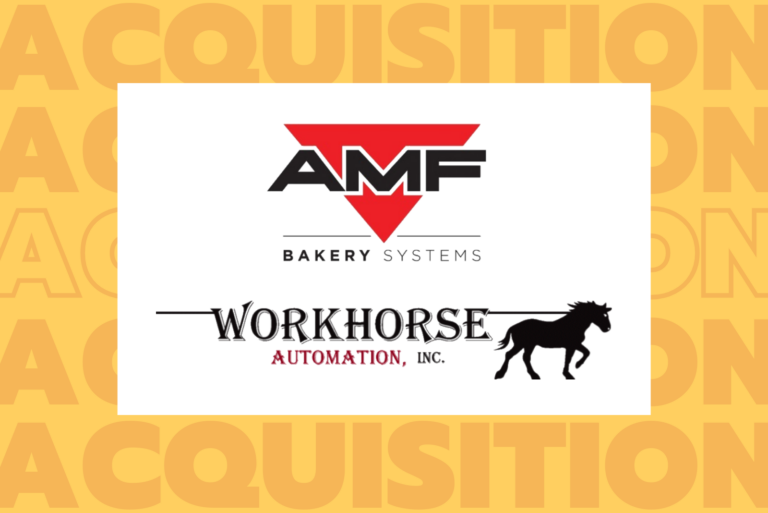KANSAS CITY, MO— It’s no secret that these are challenging times for attracting and retaining a talented and engaged workforce. The COVID-19 pandemic disrupted the commercial baking industry from top to bottom, and the lingering effects make one thing clear … there’s no returning to business as usual.
This sentiment rings especially true given current labor challenges. The pandemic cracked open what wasn’t working for many employees, and if the Great Resignation is any indication, industry leaders must listen — and act — based on employees’ work-life needs or risk losing their most valuable asset: their people.
Workers are more discerning than ever about where they invest their time and energy, and this proves to be notably true for the younger workforce. According to a 2021 report by global marketing agency LEWIS, only 19% of Gen Z would work for a company that does not share their values.
“The next generation are quickly moving into the workforce, and they want to be heard,” said Chris Lewis, CEO of LEWIS. “It’s clear that Gen Z prioritize values above all else, and companies that don’t understand or reflect that will find themselves struggling to attract and retain the best talent.”










